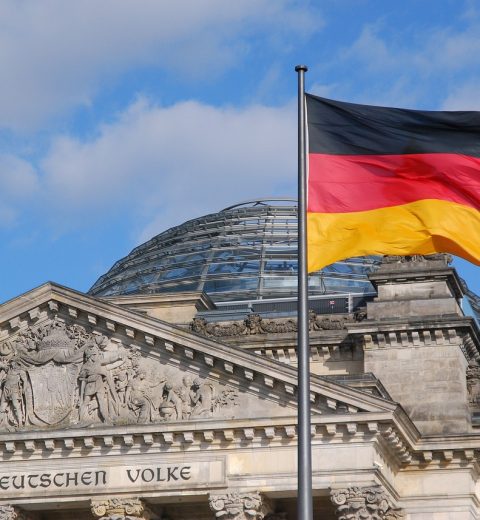Germany has ramped up its efforts to alleviate labor shortages by issuing a total of 80,000 work visas in the first half of 2024, with half of them specifically targeted at skilled workers. This marks an increase of 3,000 visas for skilled professionals compared to the same period in 2023, underscoring the country’s proactive stance in bolstering its workforce.
Sectoral Shortages and Economic Impact
The shortages are keenly felt across multiple sectors, including transportation, manufacturing, construction, healthcare, engineering, and information technology, as highlighted in the 2023 EURES report. The German Economic Institute (IW) has reported nearly 600,000 job vacancies in 2023, with a staggering 570,000 positions remaining unfilled throughout the year, exerting pressure on Germany’s economic potential. The IW estimates potential losses in production could reach up to €74 billion by 2027 if these vacancies remain unfilled.
Future Workforce Needs and Projections
Looking ahead, the Institute for Employment Research (IAB) forecasts a continued rise in labor shortages, projecting a demand for an additional seven million employees by 2035. This forecast underscores the urgency for Germany to attract and retain skilled professionals to sustain its economic growth trajectory.
Eased Immigration Policies and Strategic Initiatives
To address these challenges, Germany has implemented several strategic initiatives. Notably, the country has relaxed immigration rules to facilitate the entry of foreign workers. In June 2024, Germany doubled the annual quota of work visas under the Western Balkans Regulation to 50,000, offering increased opportunities for citizens from Albania, Bosnia and Herzegovina, Kosovo, Montenegro, North Macedonia, and Serbia to join the German workforce.
Moreover, Germany is set to introduce an Indian Skilled Worker strategy during the upcoming German-Indian government consultations. This collaborative effort, involving multiple ministries and stakeholders, aims to streamline the recruitment of skilled labor from India, further diversifying and strengthening Germany’s workforce.
In addition to these measures, Germany launched the Opportunity Card in June 2024, designed to simplify the entry process for non-EU citizens seeking employment opportunities in Germany. These initiatives collectively demonstrate Germany’s commitment to proactively addressing labor shortages and fostering a conducive environment for economic growth in the years ahead.



